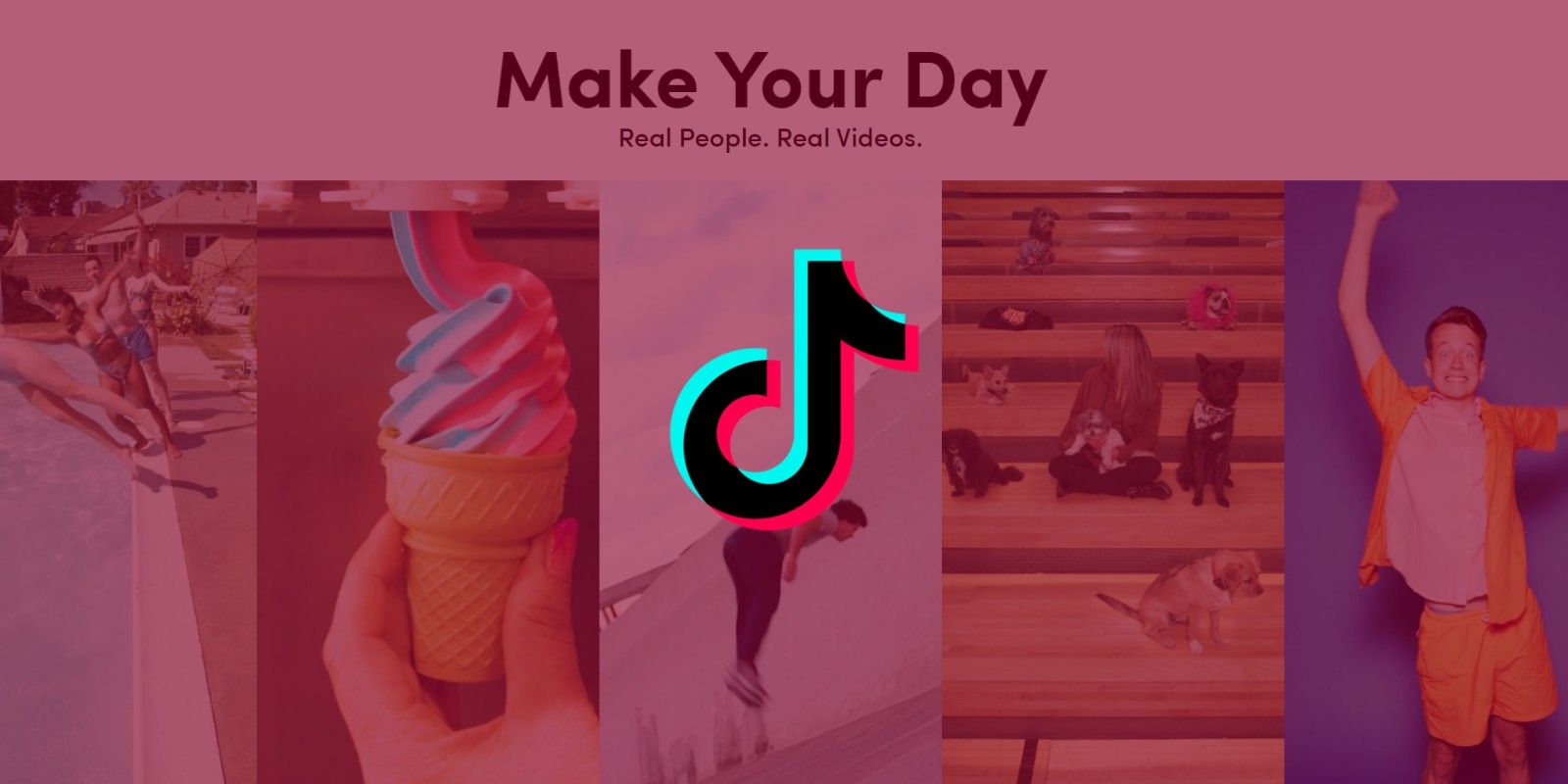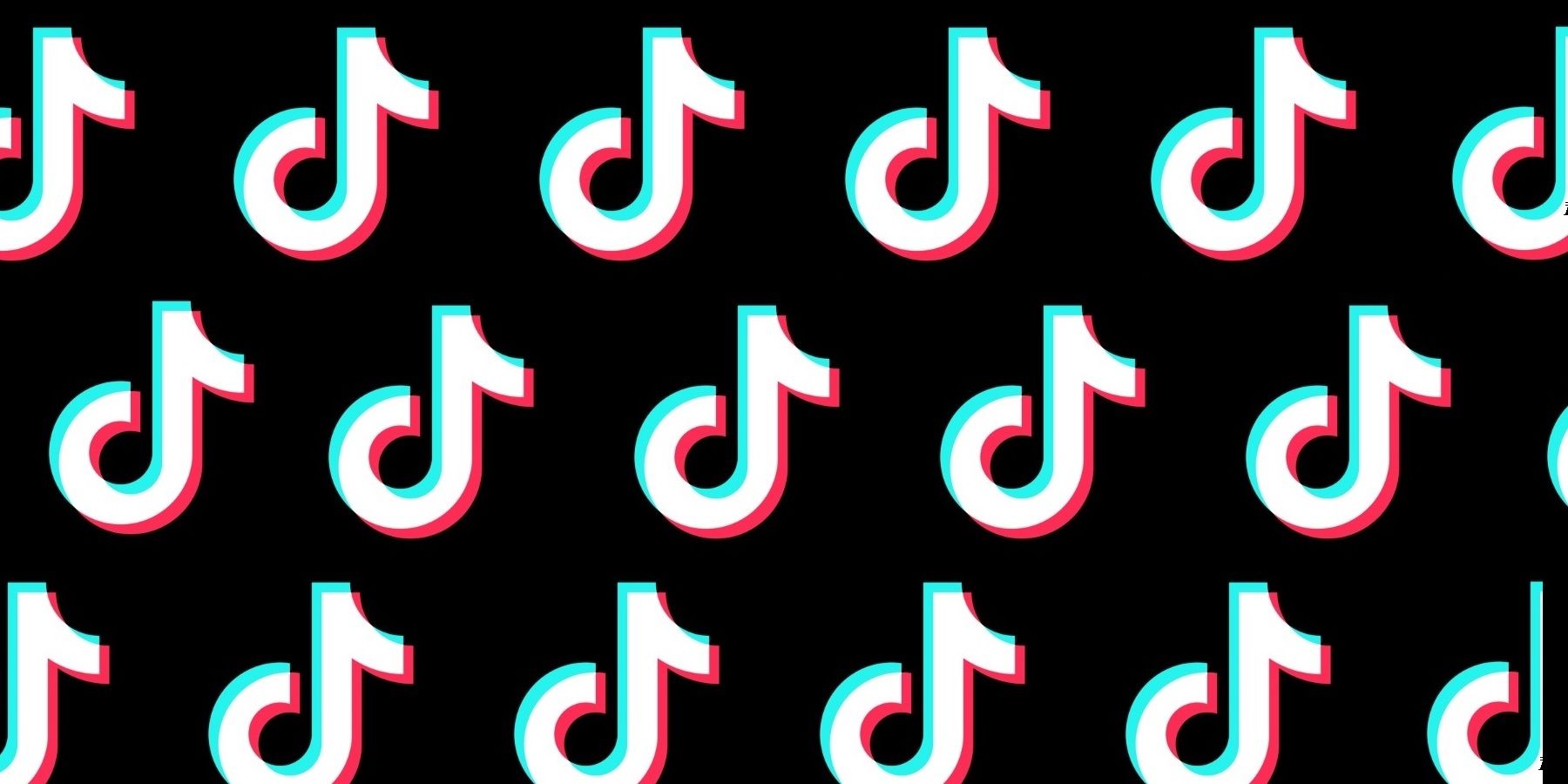TikTok has come a very long way in the last year but its fame has also highlighted reasons for people to distrust the app and its owner. At a time when people are wary of Chinese app developers, it's important to understand TikTok's history.
That origin story is even more significant now as the app has recently had two very different indicators of its massive success. The first is that TikTok passed two billion downloads. Those kinds of download numbers put it in a rare space for app success, pushing the platform into conversation with Facebook, and surpassing Snapchat, Twitter, and Facebook Messenger. The other marker of how big TikTok has grown is less positive. A hashtag campaign has blown up on Twitter this month, requesting a ban of the app in India over a combination of questionable content moderation and the fact that India's government has had to get involved. That's the kind of problem only the biggest apps have.
Problems like #BanTikTok have followed the app from the very beginning. TikTok is owned by ByteDance, a Beijing, China-based company that can be compared to Facebook in several ways. Like Facebook, its owner, Liang Zhen, is a relatively young entrepreneur with a background in software engineering. It's also worth an insane amount of money: at over $78 billion ByteDance is the world's richest private company. It has released a variety of apps since 2012, but it wasn't until 2016 and the launch of an app called Douyin that the company got into short-form video. Business Insider reports that Douyin hit 100 million users and expanded outside of China in September of 2017, rolling out across Asia with the name TikTok.
Around the same time, Musical.ly was doing well in America. Vine had shut down and, despite Musical.ly's focus on singing and musical content, short-form video creators in the US migrated to that platform. Recognizing the app's potential for growth, ByteDance purchased Musical.ly and it didn't take long for the corporation to combine that and TikTok into one app, migrating all Musical.ly accounts to the larger service.
Why TikTok is So Controversial
The beginning of TikTok's questionable presence is tied to its place of origin. Chinese laws dictate that any company with servers in mainland China has to share data with the government. One of the earliest TikTok controversies surrounded that idea, as it was wrapped up in a debate over TikTok censoring posts expressing issues with the Chinese government. A now-infamous report from The Guardian revealed leaked documents proving TikTok moderators were instructed to remove posts about sensitive political topics in China, including Tiananmen Square and the 2019 Hong Kong protests.
TikTok has been as direct as possible in its denials that it shares any data with China or censors content to please the Chinese government. An official blog post states, "TikTok does not remove content based on sensitivities related to China. We have never been asked by the Chinese government to remove any content and we would not do so if asked. Period." However, TikTok has always had a suspicious lack of political conversation, which it explains by saying its users prefer to post joyful content. There's also a months-long history now of the few popular users who do post political topics receiving "accidental" bans or having posts mysteriously censored.
TikTok's questionable moderation practices create other problems as well. The app is prone to viral "challenges": short videos that compel viewers to attempt their own takes on an idea. Some of these challenges have been socially unacceptable or even deadly. The more egregious challenges, along with things like the aforementioned problems in India, have many people wondering why these issues aren't stopped in the early going by TikTok's policy police. It's a valid question considering that other, larger social platforms have existed for years and have never had such an ongoing string of calamitous viral posts.
Sources: The Guardian [via Vox], Business Insider


